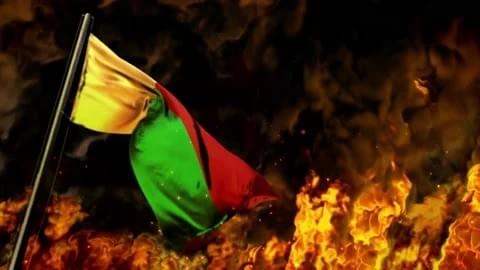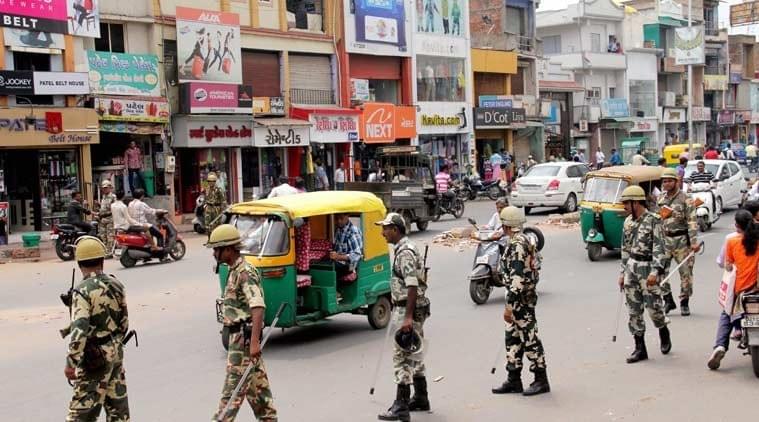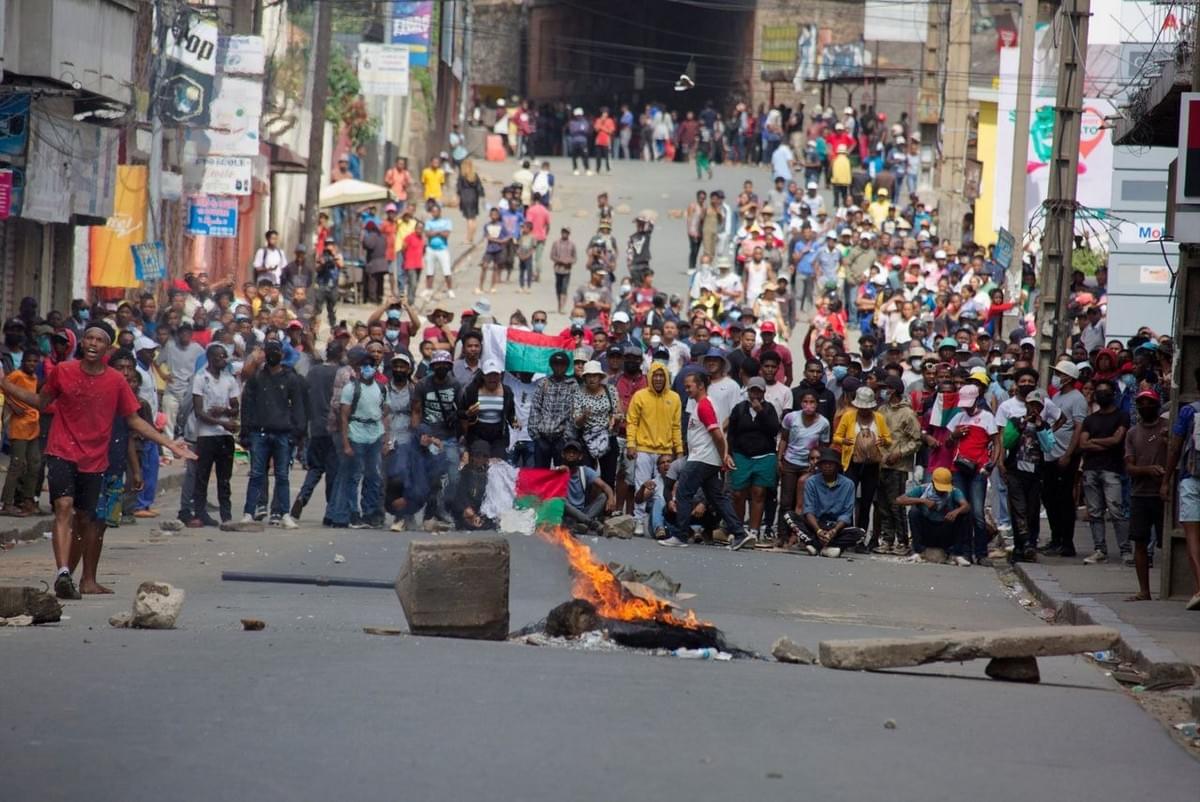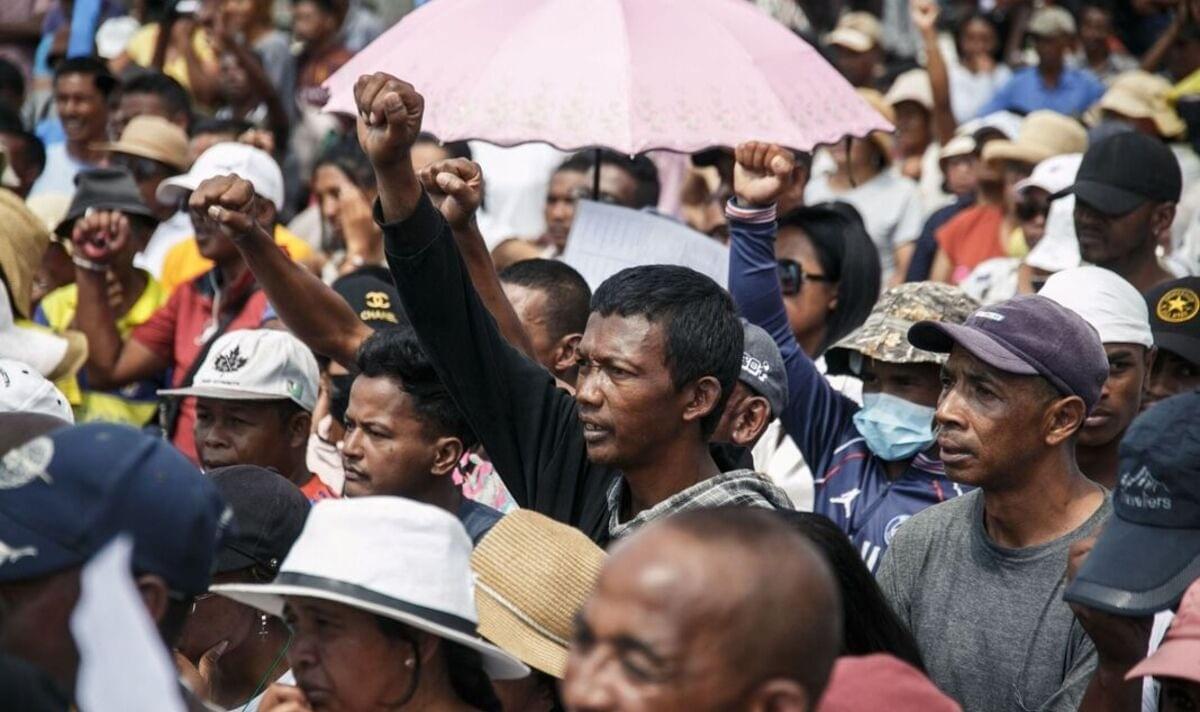
It feels like only yesterday when I had my first experience of the Ocean island of Madagascar, , as a WOSSO Fellow, together with other activists, we gathered for the SADC Civil Society Forum and the Souther Africa Youth Forum (SAYoF) Gathering — standing shoulder to shoulder with activists, feminists, human rights defenders, and community leaders from across the Southern African region.
We spoke of liberation, of peace, of economic and political freedom, of a world free from gender-based violence and structural inequality. We believed then, as we do now, that the heartbeat of Africa lies in its people — in their ability to rise even when history keeps knocking them down.
I remember those days vividly. We stayed not far from the Radisson Blu Hotel in Antananarivo, and many times we walked through the city streets — streets that told stories words could hardly carry. We passed people sitting quietly by pavements, markets overflowing with exhaustion rather than prosperity, and children whose eyes mirrored a reality too heavy for their years.
I remember one particular drive near the large stadium (Stade Mahamasina) — the Minister of Youth and Sports, Hon. Abdullah Mustafa Mufasa, had spoken to us earlier about the role of sport in national unity. I had the honour of interviewing him in a near this facility.
Yet, as we left that building, I couldn’t shake the feeling that the cracks we saw on the city walls were the same cracks running through the soul of the nation.
So when, in September/October, reports began to surface about protests, violence, and a potential coup, my heart broke, but it did not surprise me. You could sense it. Even then. The frustration, the fatigue, the quiet anger that had settled across the city like thick smoke before the storm.

Today, that smoke is real. Over the past weeks, Madagascar has been gripped by some of its most violent unrest in recent years.
It began with ordinary people — many of them young — demanding what should never require protest: electricity, water, jobs, dignity. When the lights go out too long, when water becomes a privilege, when hunger becomes a normal part of life — revolution begins to whisper.
The government’s response, as so often happens on this continent, was not empathy but enforcement. Curfews were imposed. Streets filled with soldiers. Voices calling for accountability were met with tear gas and bullets. Reports say at least 22 people have been killed, though many on the ground believe the number is higher.
Homes of politicians were torched, security forces split, and an elite army unit, CAPSAT, defected and declared allegiance to the people. The president, Andry Rajoelina, has reportedly fled the country. For some, this is chaos. For others, it is the only language left when silence is no longer survivable.
This is not merely an uprising about infrastructure — it is a cry for dignity. What we are witnessing is not madness but meaning. When systems fail to listen, streets begin to speak. The people of Madagascar are not burning their country out of hatred; they are trying to reclaim it from hopelessness.

When I think back to that August gathering — to the energy of young activists, to the spirit of solidarity that filled the SAYoF sessions, to the shared conviction that our generation could rewrite the story of Southern Africa — I am reminded that these uprisings are not isolated events.
They are echoes of a deeper continental reckoning. From Mozambique to Zimbabwe, from South Africa to Madagascar, young Africans are saying enough. Enough of performative politics. Enough of empty speeches. Enough of leaders who see power as property.
We, who were there, the WOSSO Fellows, the civil society delegates, the dreamers who sang freedom songs in conference halls — we cannot remain silent now. Solidarity must not end when the summit does. It must live in our statements, in our advocacy, in our refusal to look away. What is happening in Madagascar is not foreign; it is a mirror of our own struggles.
Yet, amid the chaos, I also pray for calm. I pray for sanity, for protection of life, for a restoration of peace without the erasure of truth. The people’s demands must be heard, not suppressed. Governments across the SADC region must recognize that peace without justice is not peace — it is pause. The youth of Madagascar deserve more than a pause; they deserve a future.

To my fellow Africans watching from afar: do not turn your eyes away. Madagascar’s pain is our collective lesson. Freedom is fragile when inequality is the foundation.
Dignity withers when democracy becomes spectacle. But even in this moment of turmoil, I choose to believe in the courage I saw in those streets, in the power of voices rising for something better. Because the revolution that began with footsteps in Antananarivo may yet become the song of a continent tired of waiting.
And when history looks back, may it say that we did not look away when Madagascar cried out.
Makukhanye eMadagascar. Amaaaandlaaa!!!!!

